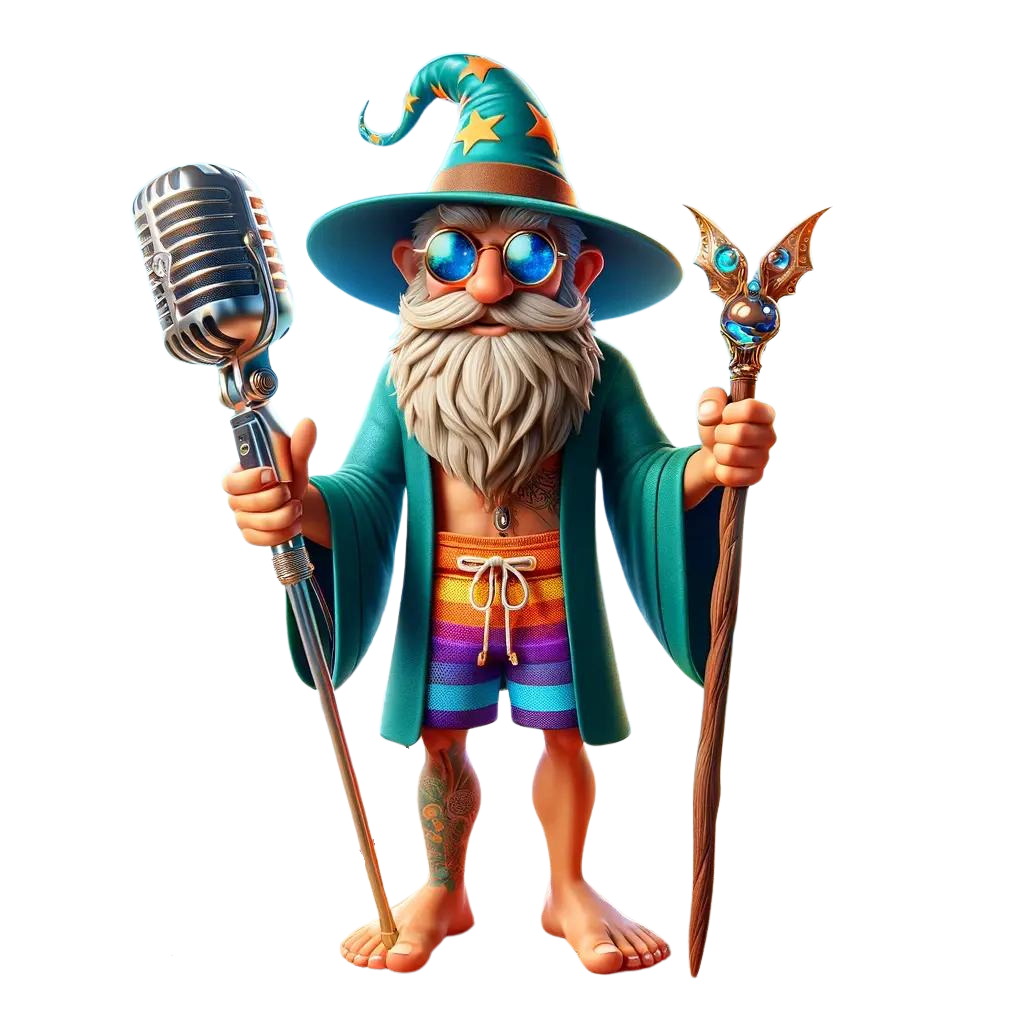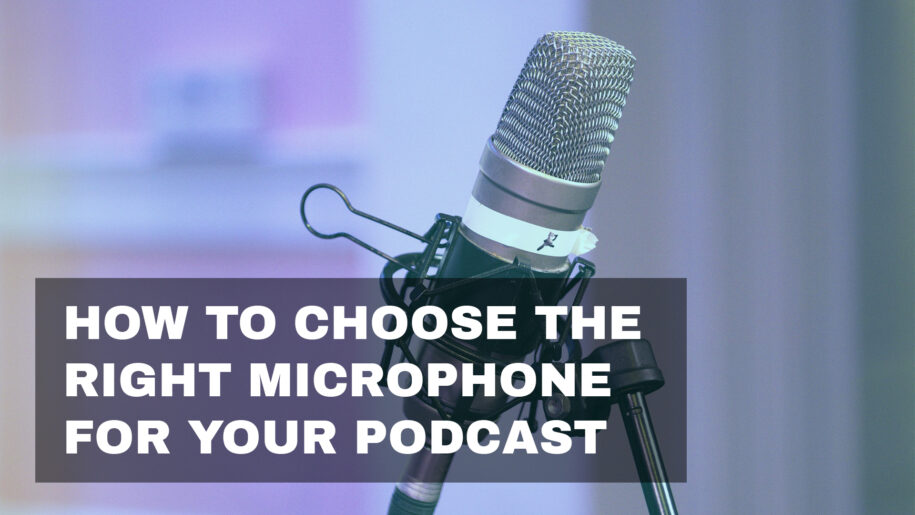Selecting the right microphone is crucial for producing high-quality audio for your podcast. The microphone you choose can significantly impact the clarity, warmth, and overall professionalism of your recordings. With so many options available, it can be challenging to determine which microphone best suits your needs. Here’s a comprehensive guide to help you choose the right microphone for your podcast.
1. Understand the Types of Microphones
Overview: Different types of microphones serve different purposes and offer various benefits. The three main types to consider are dynamic, condenser, and ribbon microphones.
Dynamic Microphones
Overview: Dynamic microphones are durable and versatile, making them a popular choice for many podcasters. They are less sensitive to background noise and handle high sound pressure levels well.
Pros:
- Rugged and durable
- Good for noisy environments
- No need for external power (phantom power)
Cons:
- May lack the detail and sensitivity of condenser microphones
Best For:
- General podcasting, live recordings, and environments with background noise
Popular Models:
- Shure SM7B
- Electro-Voice RE20
- Audio-Technica ATR2100x-USB
Condenser Microphones
Overview: Condenser microphones are known for their sensitivity and accuracy, capturing a wide range of frequencies and details.
Pros:
- High sensitivity and detailed sound
- Excellent frequency response
Cons:
- More fragile and sensitive to background noise
- Requires external power (phantom power)
Best For:
- Studio recordings, voice-over work, and quiet environments
Popular Models:
- Audio-Technica AT2020
- Rode NT1-A
- Blue Yeti
Ribbon Microphones
Overview: Ribbon microphones offer a natural and warm sound but are less common in podcasting due to their fragility and price.
Pros:
- Warm, natural sound
- Smooth frequency response
Cons:
- Delicate and easily damaged
- Typically more expensive
Best For:
- High-fidelity studio recordings
Popular Models:
- Royer R-121
- AEA R84
2. Consider Your Recording Environment
Overview: Your recording environment plays a significant role in determining the best microphone for your needs. Consider factors such as room acoustics, background noise, and mobility.
Home Studio
Overview: If you’re recording in a dedicated home studio, you have more control over acoustics and can benefit from high-sensitivity microphones.
Recommended Microphones:
- Condenser microphones for detailed, high-quality recordings
- Dynamic microphones if you need versatility
On-the-Go/Field Recording
Overview: For podcasters who record on the go, portability and durability are key factors.
Recommended Microphones:
- Dynamic microphones for their durability and lower sensitivity to background noise
- Portable USB microphones for ease of use and mobility
Noisy Environments
Overview: In environments with significant background noise, it’s crucial to choose a microphone that minimizes ambient sounds.
Recommended Microphones:
- Dynamic microphones for their noise rejection capabilities
- Directional microphones (cardioid or hypercardioid patterns) to focus on the speaker
3. Determine Your Connectivity Needs
Overview: Microphones come with different connectivity options, primarily USB and XLR. The right choice depends on your setup and future expansion plans.
USB Microphones
Overview: USB microphones are plug-and-play, making them easy to set up and use. They are ideal for beginners and those who want a simple setup.
Pros:
- Easy to use
- No need for additional equipment (e.g., audio interface)
Cons:
- Limited upgrade options
- May not match the audio quality of XLR microphones
Popular Models:
- Blue Yeti
- Audio-Technica ATR2100x-USB
- Rode NT-USB
XLR Microphones
Overview: XLR microphones require an audio interface or mixer, offering greater flexibility and higher audio quality. They are ideal for podcasters looking to invest in a professional setup.
Pros:
- Superior audio quality
- Expandability and versatility
Cons:
- Requires additional equipment (audio interface, cables)
- More complex setup
Popular Models:
- Shure SM7B
- Electro-Voice RE20
- Rode Procaster
4. Set Your Budget
Overview: Microphones range widely in price, so it’s important to set a budget that aligns with your needs and goals.
Entry-Level (Under $100)
Overview: Ideal for beginners or those on a tight budget. These microphones offer good quality for the price.
Recommended Models:
- Samson Q2U
- Audio-Technica ATR2100x-USB
- Blue Snowball
Mid-Range ($100-$300)
Overview: Mid-range microphones provide a significant step up in quality and are suitable for most podcasters.
Recommended Models:
- Rode NT1-A
- Blue Yeti Pro
- Audio-Technica AT2020
High-End (Over $300)
Overview: High-end microphones offer top-tier sound quality and are used by professional podcasters and broadcasters.
Recommended Models:
- Shure SM7B
- Electro-Voice RE20
- Neumann TLM 102
5. Test and Compare
Overview: If possible, test different microphones to find the one that best suits your voice and recording environment.
Steps to Follow:
- Visit a Store: Visit a local music or electronics store to test different microphones.
- Listen to Samples: Check online reviews and listen to audio samples to compare sound quality.
- Borrow or Rent: If possible, borrow or rent a microphone before making a purchase.
Tips:
- Pay attention to how each microphone handles your voice, especially in terms of clarity, warmth, and background noise rejection.
- Consider the microphone’s build quality and durability, especially if you plan to travel with it.
Choosing the right microphone for your podcast involves understanding the different types of microphones, considering your recording environment, determining your connectivity needs, setting a budget, and testing various options. By taking these factors into account, you can find a microphone that delivers excellent audio quality and suits your specific needs, helping you create professional and engaging podcast episodes. Happy podcasting!


